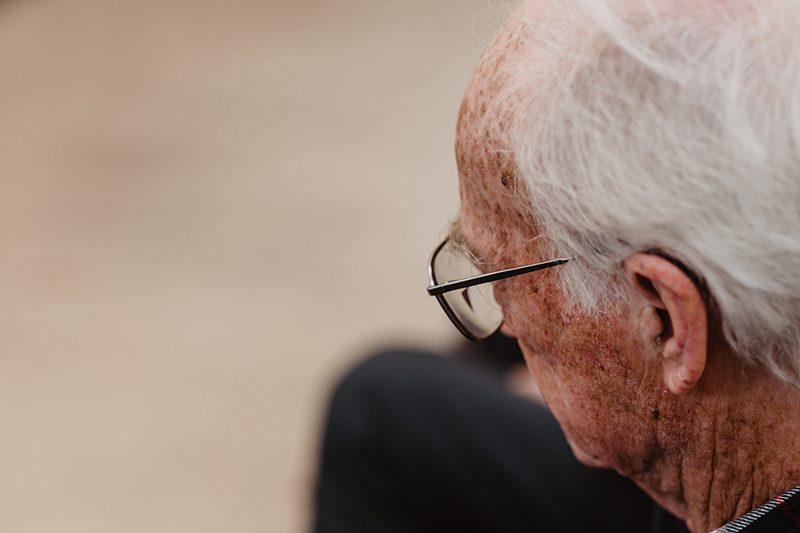This article appeared in the July 2019 issue of the Times Colonist’s ’55+’
Marney Thompson
Director of Psychosocial Services, Victoria Hospice
When a loved one dies, the thoughts and emotions that come with that loss can be intense and confusing. As grief counselors, we often encounter a question that, by contrast, is straight and to the point.

“Am I doing it right?”
The ‘it’ is grieving. For many, the way they’re grieving is natural and healthy. However, the intensity of grief is often unfamiliar and disorienting for people. They don’t feel ‘normal’. Many ask how to get over it.
However, grief isn’t time-limited. The work of the grieving process is really about making adjustments and learning to live with the loss.
Often, this is a tough realization for newly bereaved people. They’re in pain and distress and want to feel better. A part of them knows that they will always miss the person who has died. Grieving is about learning to redirect our energy and rediscovering what remains meaningful and worthwhile in life, even though that person has died.
A visual I often draw on is the ‘flu metaphor.’ Imagine a jar filled with pebbles, the jar representing your body and the pebbles the symptoms. When you get the flu, the symptoms take up all of your space. As you get better, the jar empties.
Many people expect grief will resemble this. However, grief is an adaptation process. The symptoms don’t disappear; you learn to live with them. After loss, grief fills your jar but as we grieve we make adjustments to the loss, we grow. The jar becomes bigger, but the pebbles – representing the grief we carry – don’t disappear. Once we have learned how to live with loss, we notice how our jar has gotten bigger, even though the grief is still there.
Grief isn’t time-limited. The work of the grieving process is really about making adjustments and learning to live with the loss.
When grieving, it’s important to listen to your instincts. If you feel sad, allow it. If you are lonely and want company, reach out. Grief is different for everyone. Pay attention to the time and space your grief takes up. If you spend most of your time alone, feeling too full of grief to socialize, it may be helpful to check-in with your family physician or a grief counsellor.
Victoria Hospice offers supports including professional grief counselling, bereavement groups, and volunteer support. Many of these services are free thanks to our generous donors.
To know more about Victoria Hospice Bereavement Services, including counselling and drop-in groups, call 250-519-3040